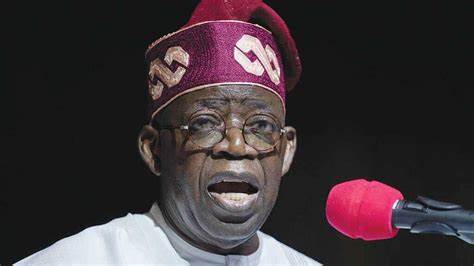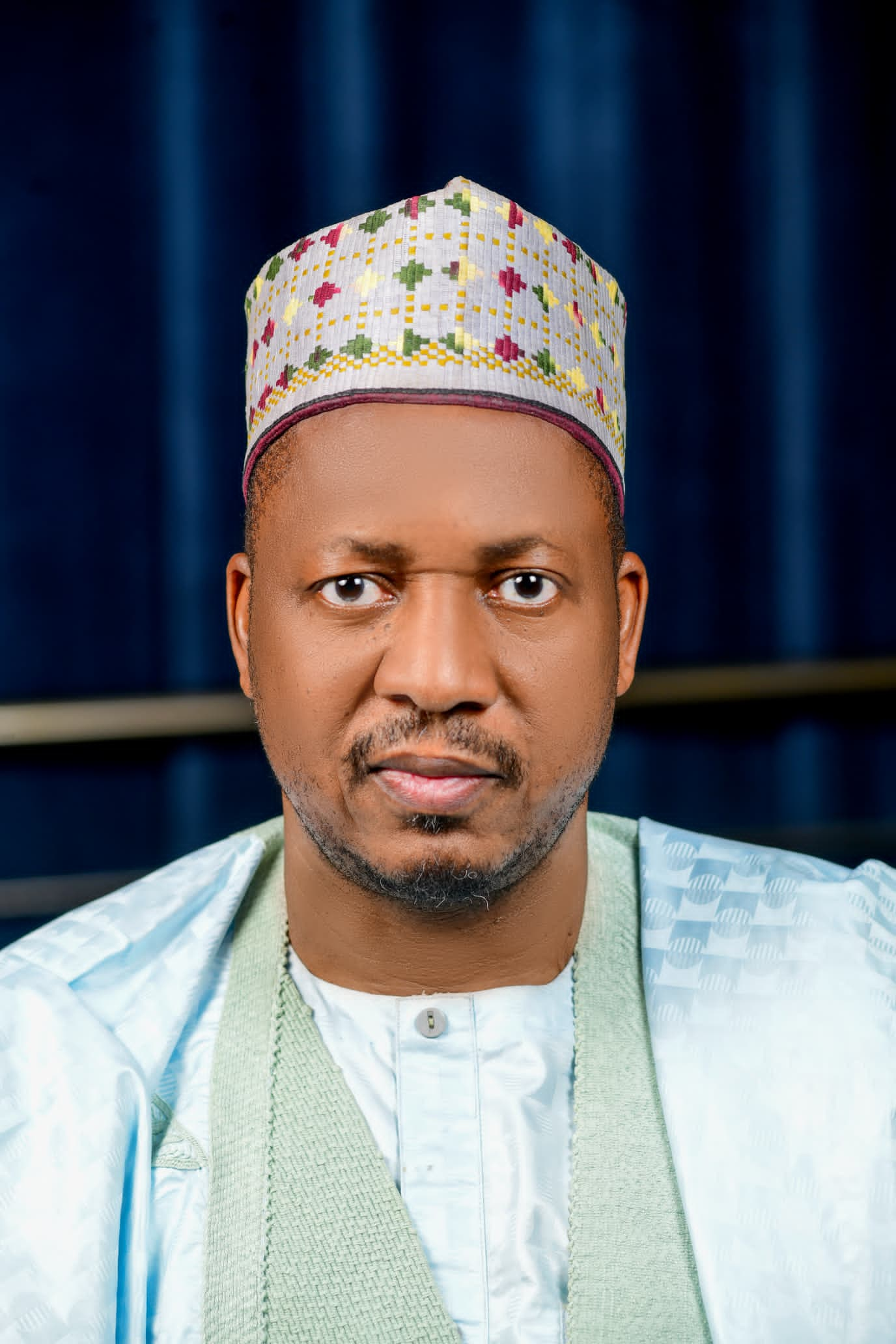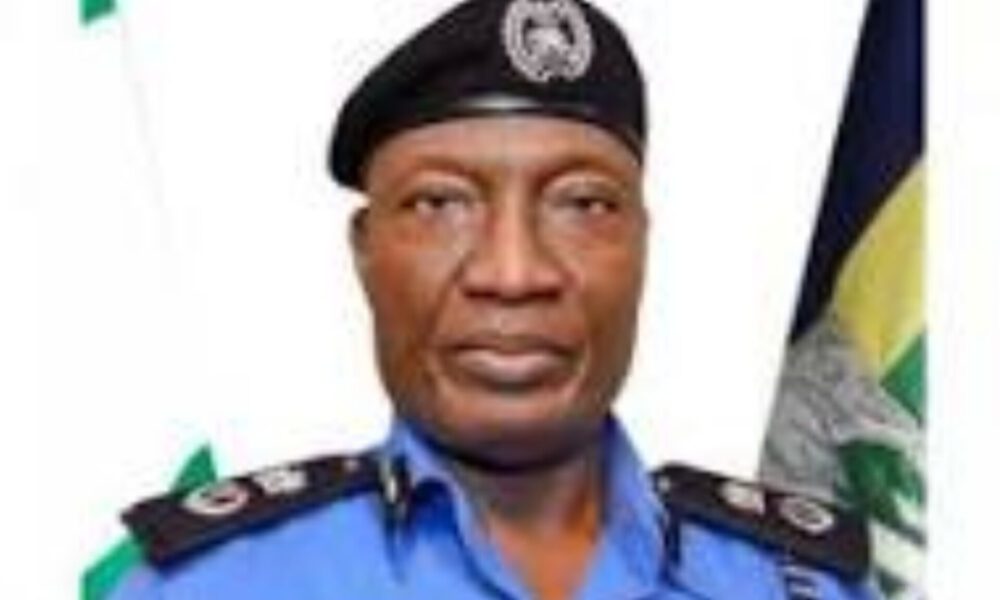President Bola Tinubu has named 18 Special Advisers and Senior Special Assistants in New appointments to help execute the Federal Government’s agenda across various sectors of the economy.
The Director of Information at the Office of the Vice President, Olusola Abiola gave the indication in a statement released on Monday
The team, which comprises 6 Special Advisers and 12 Senior Special Assistants, will be stationed in the Vice President’s office to support the implementation of the Tinubu administration’s “Renewed Hope” agenda.
The appointments in the Vice President’s office include:

Rukaiya El-Rufai, Special Adviser (SAD) to the President on NEC & Climate Change
Tope Kolade Fasua as Special Adviser (SAD) to the President on Economic Matters
Aliyu Modibbo Umar, Special Adviser (SAD), General Duties
Hakeem Baba Ahmed, Special Adviser (SAD) on Political Matters
Jumoke Oduwole, Special Adviser (SAD) to the President on PEBEC & Investment.
Others are:
Sadiq Wanka, Special Adviser (SAD) to the President on Power Infrastructure, Usman Mohammed, Senior Special Assistant to the President on Administration & Office Coordination, Kingsley Stanley Nkwocha, Senior Special Assistant to the President on Media & Communications
Ishaq Ahmed Ningi, Senior Special Assistant to the President on Digital Media & Emergency Management
Peju Adebajo, Senior Special Assistant to the President, Investment & Privatisation
Mohammed Bulama, Senior Special Assistant to the President on Political/Special Duties, Kingsley Uzoma, Senior Special Assistant to the President, Agricbusiness & Productivity Enhancement
Gimba Kakanda, Senior Special Assistant to the President, Research & Analytics
Temitola Adekunle-Johnson, Senior Special Assistant to the President, Job Creation & MSMEs.
The list of appointments in the Vice President’s office is completed by:
Nasir Yammama, Senior Special Assistant to the President, Innovation, Zainab Yunusa, Senior Special Assistant to the President on NEC, Mariam Temitope, Senior Special Assistant to the President, Regional Development Programmes, Bashir Maidugu, Deputy State House Counsel (Senior Special Assistant to the President).




Very good blog! Do you have any tips for aspiring writers?
I’m planning to start my own blog soon but I’m a little
lost on everything. Would you recommend starting with
a free platform like WordPress or go for a paid
option? There are so many choices out there that I’m totally confused ..
Any tips? Thanks!
I blog often and I really thank you for your content.
This article has truly peaked my interest. I’m going to take a note
of your site and keep checking for new information about once
per week. I subscribed to your RSS feed as well.